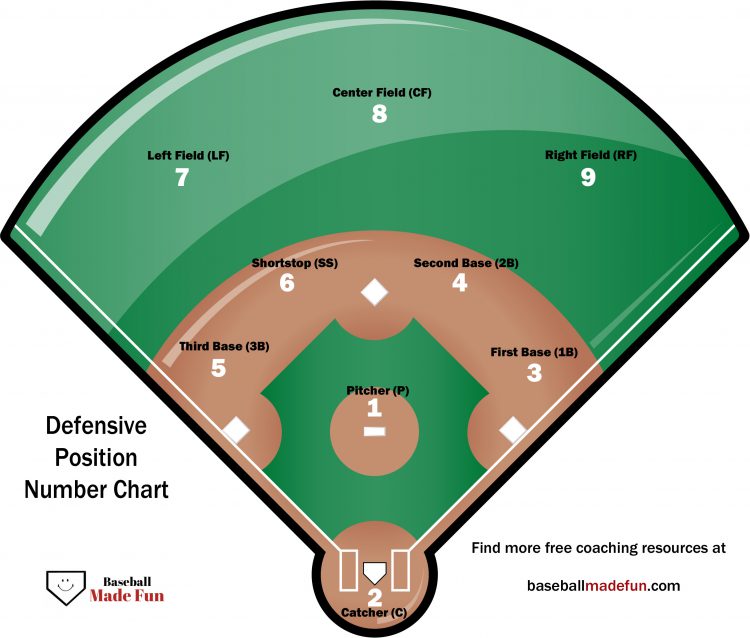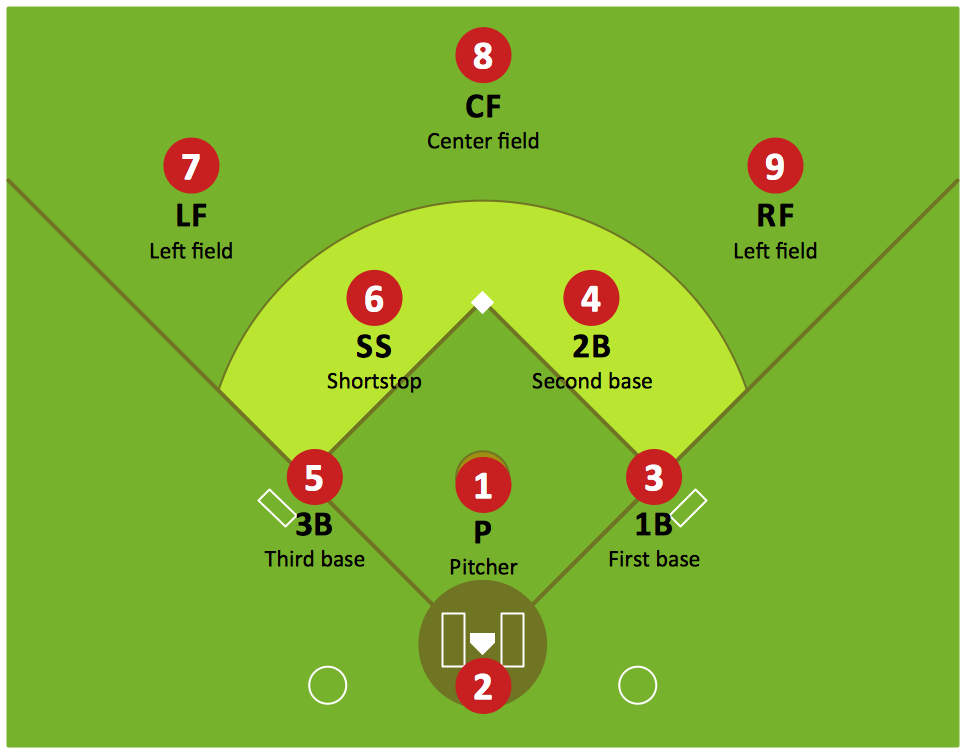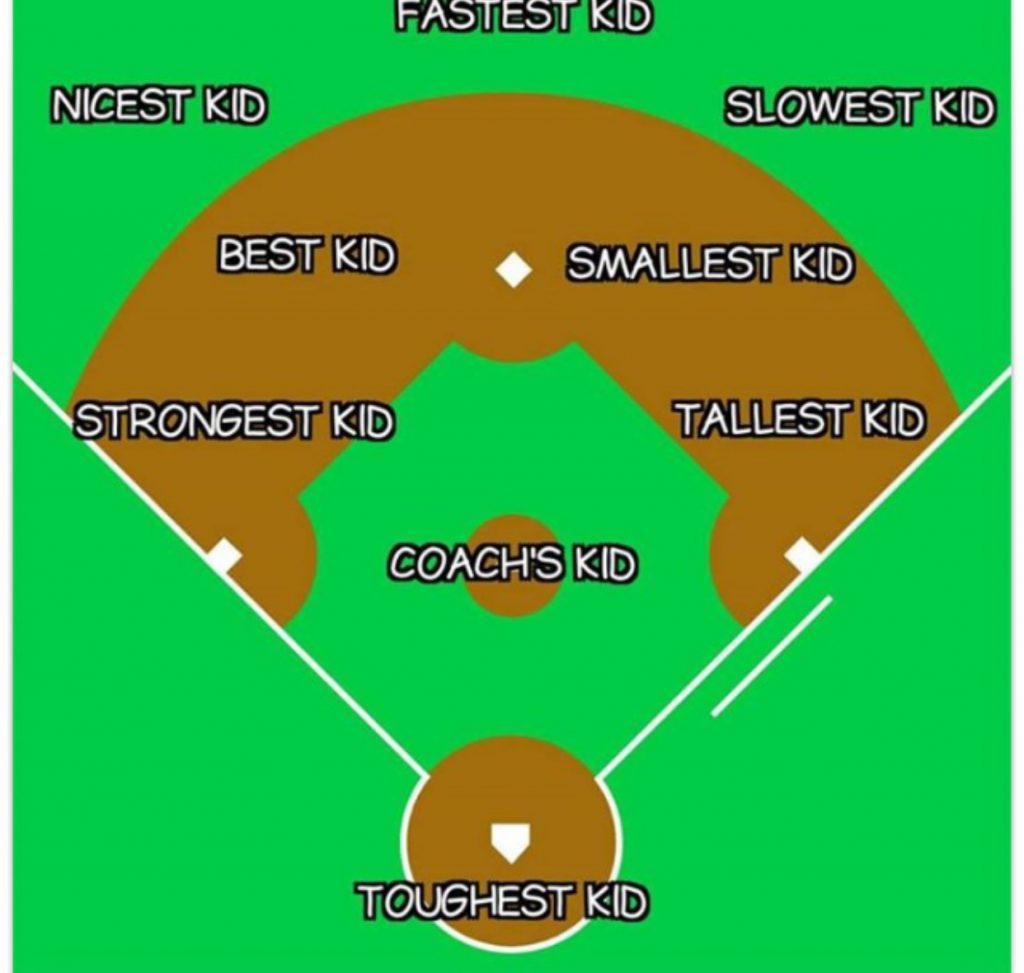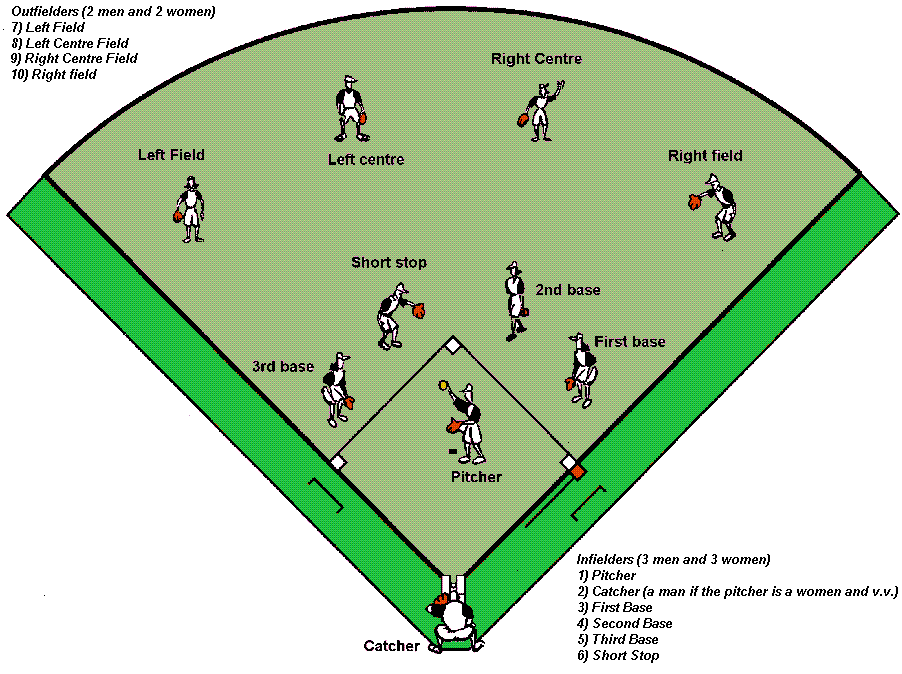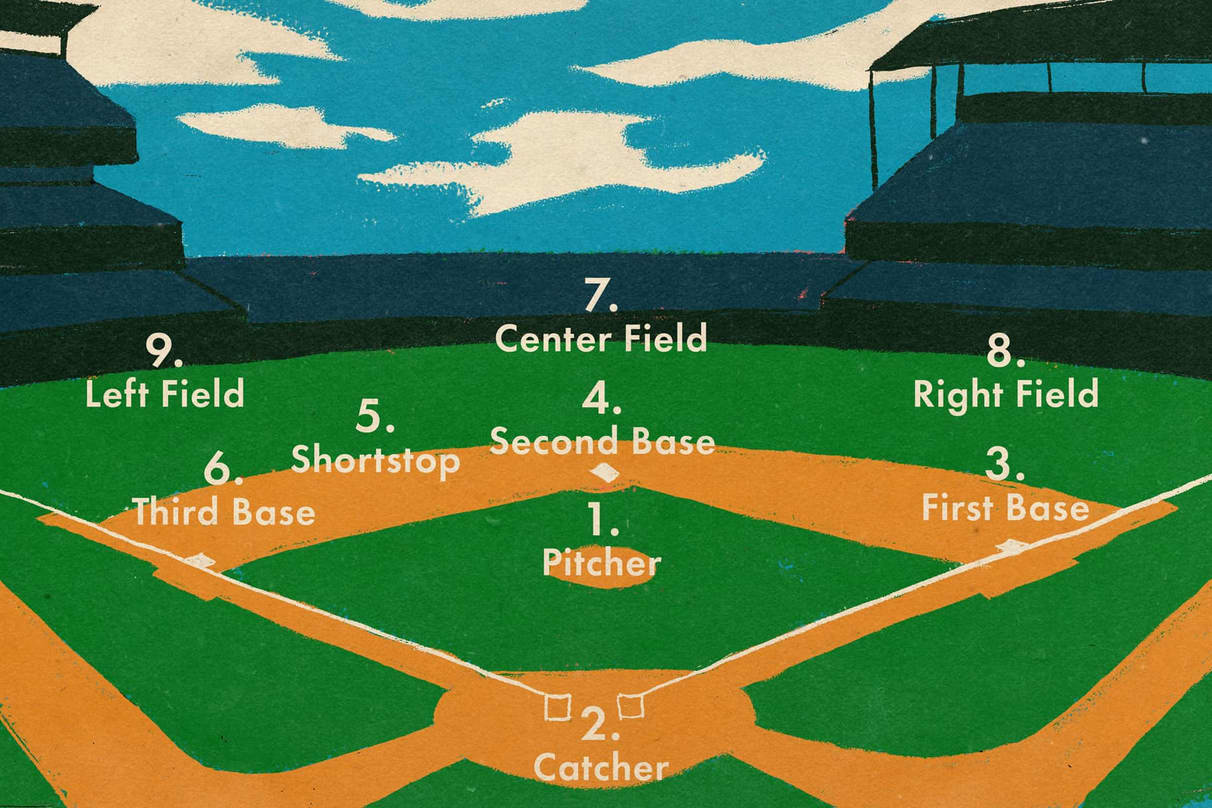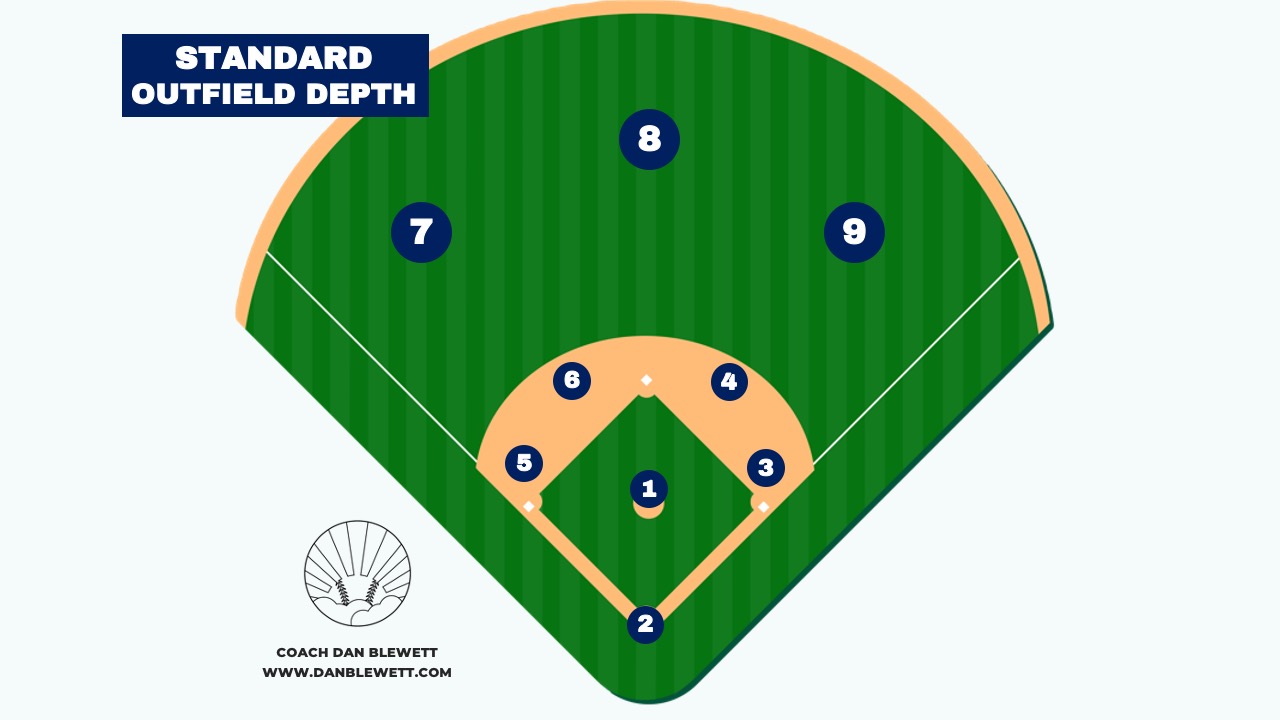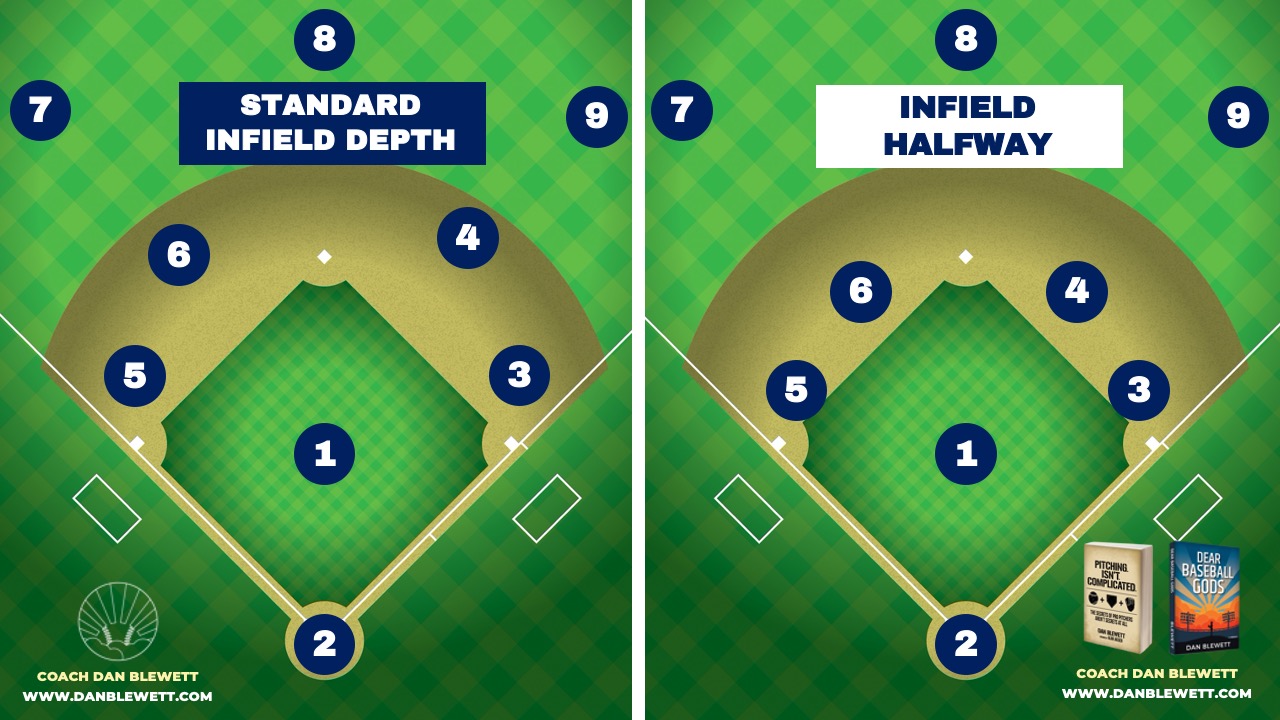Positions In Baseball
Positions In Baseball - In the sport of baseball, each of the nine players on a team is assigned a particular fielding position when it is their turn to play defense. The pitcher, catcher, infielder (first baseman, second baseman, shortstop, third baseman), and outfielders (left, center, right) are the baseball positions and roles, each with unique defensive responsibilities and situational play. However, each play has its own small variations and each player brings a different set of skills to their position. Each position in baseball certainly has a common player profile and set of responsibilities to follow while on the field. When one team is at bat, their opponent has nine players in the field. There are 9 fielding positions in baseball. Each position conventionally has an associated number, for use in scorekeeping by the official scorer : Each of these players holds a different position. 1 ( pitcher ), 2. Baseball position abbreviations help us understand where everyone is, and they’re not as tricky as they seem.
1 ( pitcher ), 2. There are 9 fielding positions in baseball. However, each play has its own small variations and each player brings a different set of skills to their position. Each of these players holds a different position. Each position conventionally has an associated number, for use in scorekeeping by the official scorer : When one team is at bat, their opponent has nine players in the field. In the sport of baseball, each of the nine players on a team is assigned a particular fielding position when it is their turn to play defense. The pitcher, catcher, infielder (first baseman, second baseman, shortstop, third baseman), and outfielders (left, center, right) are the baseball positions and roles, each with unique defensive responsibilities and situational play. Each position in baseball certainly has a common player profile and set of responsibilities to follow while on the field. Baseball position abbreviations help us understand where everyone is, and they’re not as tricky as they seem.
In the sport of baseball, each of the nine players on a team is assigned a particular fielding position when it is their turn to play defense. However, each play has its own small variations and each player brings a different set of skills to their position. Baseball position abbreviations help us understand where everyone is, and they’re not as tricky as they seem. Each position conventionally has an associated number, for use in scorekeeping by the official scorer : Each position in baseball certainly has a common player profile and set of responsibilities to follow while on the field. 1 ( pitcher ), 2. The pitcher, catcher, infielder (first baseman, second baseman, shortstop, third baseman), and outfielders (left, center, right) are the baseball positions and roles, each with unique defensive responsibilities and situational play. When one team is at bat, their opponent has nine players in the field. Each of these players holds a different position. There are 9 fielding positions in baseball.
Baseball Position Numbers Explained Baseball Made Fun
When one team is at bat, their opponent has nine players in the field. In the sport of baseball, each of the nine players on a team is assigned a particular fielding position when it is their turn to play defense. Each of these players holds a different position. The pitcher, catcher, infielder (first baseman, second baseman, shortstop, third baseman),.
The 9 baseball positions (with numbers) and their roles
The pitcher, catcher, infielder (first baseman, second baseman, shortstop, third baseman), and outfielders (left, center, right) are the baseball positions and roles, each with unique defensive responsibilities and situational play. Baseball position abbreviations help us understand where everyone is, and they’re not as tricky as they seem. Each position in baseball certainly has a common player profile and set of.
Baseball Solution
Each of these players holds a different position. Each position conventionally has an associated number, for use in scorekeeping by the official scorer : However, each play has its own small variations and each player brings a different set of skills to their position. In the sport of baseball, each of the nine players on a team is assigned a.
Baseball Position Abbreviations and Numbers
Baseball position abbreviations help us understand where everyone is, and they’re not as tricky as they seem. Each position conventionally has an associated number, for use in scorekeeping by the official scorer : When one team is at bat, their opponent has nine players in the field. Each of these players holds a different position. The pitcher, catcher, infielder (first.
Baseball Defensive Lineup Template
Each position conventionally has an associated number, for use in scorekeeping by the official scorer : The pitcher, catcher, infielder (first baseman, second baseman, shortstop, third baseman), and outfielders (left, center, right) are the baseball positions and roles, each with unique defensive responsibilities and situational play. 1 ( pitcher ), 2. Each of these players holds a different position. However,.
Baseball Positions Diagram Cliparts.co
1 ( pitcher ), 2. Each position in baseball certainly has a common player profile and set of responsibilities to follow while on the field. In the sport of baseball, each of the nine players on a team is assigned a particular fielding position when it is their turn to play defense. When one team is at bat, their opponent.
Baseball Positions Her Sports Corner
When one team is at bat, their opponent has nine players in the field. There are 9 fielding positions in baseball. The pitcher, catcher, infielder (first baseman, second baseman, shortstop, third baseman), and outfielders (left, center, right) are the baseball positions and roles, each with unique defensive responsibilities and situational play. 1 ( pitcher ), 2. Each position conventionally has.
All the Positions in Baseball, Explained.
1 ( pitcher ), 2. When one team is at bat, their opponent has nine players in the field. In the sport of baseball, each of the nine players on a team is assigned a particular fielding position when it is their turn to play defense. Baseball position abbreviations help us understand where everyone is, and they’re not as tricky.
Baseball Field Positions
The pitcher, catcher, infielder (first baseman, second baseman, shortstop, third baseman), and outfielders (left, center, right) are the baseball positions and roles, each with unique defensive responsibilities and situational play. Each position conventionally has an associated number, for use in scorekeeping by the official scorer : However, each play has its own small variations and each player brings a different.
The 9 Baseball Positions A Complete Guide Numbers, Body Types
1 ( pitcher ), 2. In the sport of baseball, each of the nine players on a team is assigned a particular fielding position when it is their turn to play defense. The pitcher, catcher, infielder (first baseman, second baseman, shortstop, third baseman), and outfielders (left, center, right) are the baseball positions and roles, each with unique defensive responsibilities and.
When One Team Is At Bat, Their Opponent Has Nine Players In The Field.
The pitcher, catcher, infielder (first baseman, second baseman, shortstop, third baseman), and outfielders (left, center, right) are the baseball positions and roles, each with unique defensive responsibilities and situational play. Each of these players holds a different position. 1 ( pitcher ), 2. There are 9 fielding positions in baseball.
Baseball Position Abbreviations Help Us Understand Where Everyone Is, And They’re Not As Tricky As They Seem.
Each position conventionally has an associated number, for use in scorekeeping by the official scorer : In the sport of baseball, each of the nine players on a team is assigned a particular fielding position when it is their turn to play defense. However, each play has its own small variations and each player brings a different set of skills to their position. Each position in baseball certainly has a common player profile and set of responsibilities to follow while on the field.
